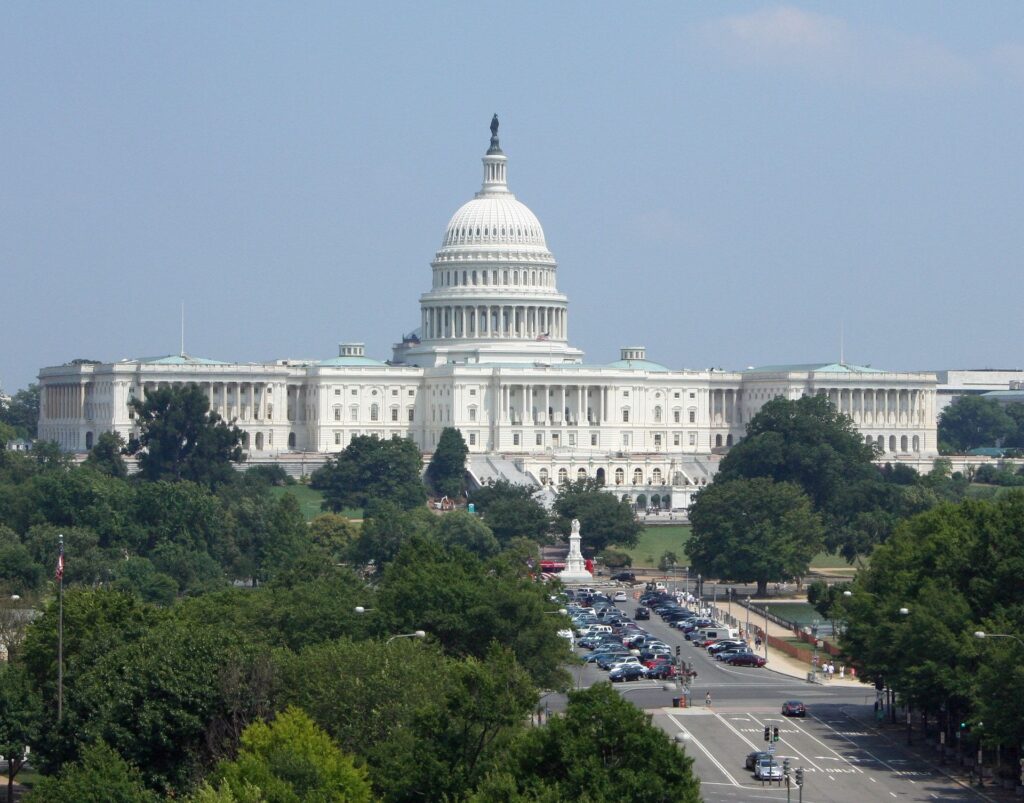WESCAP Q3 Quarterly Commentary: Stock Returns, Bond Yields, and Interest Rates

Portfolio results for the third quarter of 2023 were generally negative for stocks and for long-term bonds. For the quarter, the S&P 500, EAFE index (foreign stocks), and long-term Treasury bonds (Bloomberg/Barclays 20+ Yrs) returned -3.3%, -4.1%, and -13.0%, respectively. Small cap stocks and real estate stocks (REITs) had losses greater than the S&P 500 last quarter due to greater sensitivity to higher interest rates.
(more…)Read MoreSection 529 College Savings Plans – August 2023

State-administered College Savings Plans (often called 529 plans) are attractive vehicles for accumulating savings to pay for post-secondary educational expenses. Any individual donor, regardless of income level, can fund an account for any individual beneficiary – while still retaining control over the account. By funding a plan, the donor’s contribution is (in most cases) removed from his/her own estate. The plan’s beneficiary can be changed to any of a wide array of relatives (of the beneficiary) as often as needed.
(more…)Read MoreWESCAP Q2 Quarterly Commentary: Investor Sentiment, Cooling Inflation, and Artificial Intelligence

Portfolio results for the second quarter of 2023 were generally positive for stocks and negative for long-term bonds. For the quarter, the S&P 500, EAFE index (foreign stocks), and long-term Treasury bonds (Bloomberg/Barclays 20+ Yrs) returned +8.7%, +3.0%, and -2.4%, respectively.
(more…)Read MorePotential U.S. Debt Ceiling Breach and Implications

The federal government’s authority to issue new debt expired January 2023 when the U.S. Treasury reached its statutory debt limit of $31.4 trillion. The U.S. Treasury Department has engaged in extraordinary measures to avoid defaulting on government bills. These measures included suspending new investments of the Civil Service Retirement and Disability Fund and the Postal Service Retiree Health Benefits Fund, suspending reinvestment of the Government Securities Investment Fund and Exchange Stabilization Fund, and suspending sales of State and Local Government Series Treasury securities. Despite these measures, according to U.S. Treasury Secretary Yellen, we could see debt ceiling complications as early as June 1.
(more…)Read MoreSilicon Valley Bank Failure

Silicon Valley Bank was put into receivership by the FDIC on Friday, March 10. It was the largest Federal Reserve/FDIC-backed bank failure since the 2008 financial crisis and the second largest ever. Its failure is a reminder that bank deposits are not entirely safe and that actions should be taken if a bank account holds more than $250,000 of deposits.
(more…)Read More